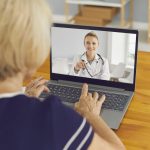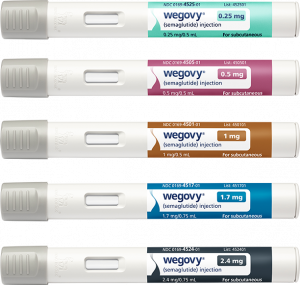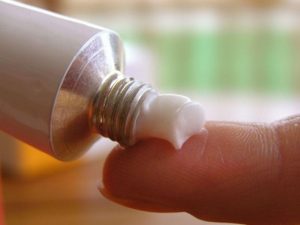
During the early part of the COVID-19 pandemic, one of the only ways to see a doctor was via video or phone appointment, and it turns out many people with cancer still prefer telemedicine visits over in-person ones. The recent end of the U.S. public health emergency will remove some of the flexibilities that were put in place during the pandemic to allow for wider use of telemedicine, and this may be unfortunate, noted study author Dr. Krupal Patel, an oncologist at the Moffitt Cancer Center in Tampa, Fla. “When implemented right and offered to the right patient, telemedicine visits can be a valuable alternative to in-person appointments,” Patel said. The benefits of telemedicine for people with cancer are substantial, he noted. It allows for greater flexibility with scheduling, reduces costs associated with getting to the doctor’s office or hospital, and saves travel time. For the study, more than 33,300 people with cancer answered survey questions on in-person visits, and almost 6,000 on their telemedicine experiences during and after the height of the pandemic, from April 2020 through June 2021. Almost 76% of cancer patients were highly satisfied with their access to their doctors via televisits, compared with about 63% of those who saw their doctors in person. About 91% of people who saw their doctor virtually were highly satisfied with the response and amount… read on > read on >






































